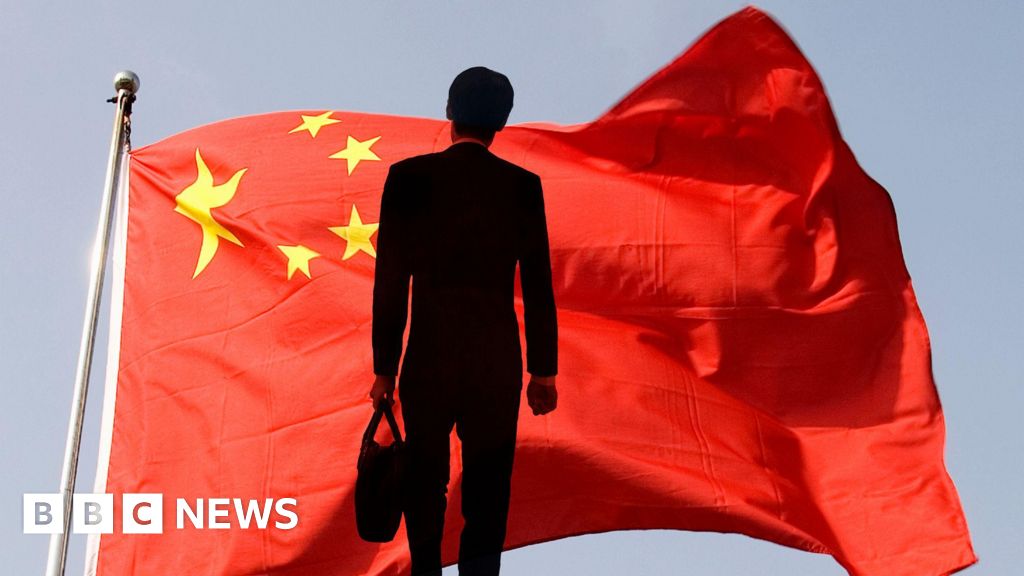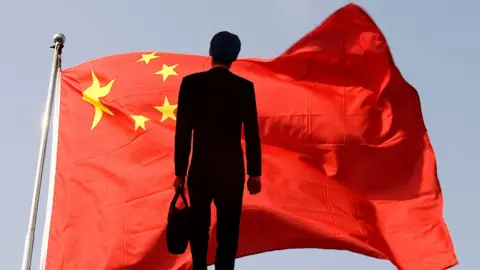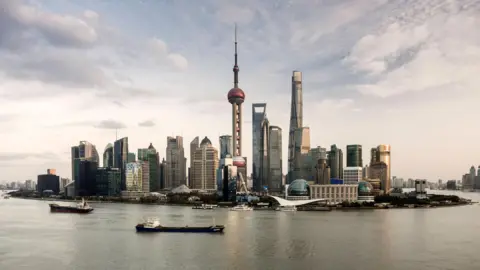Elon Musk has shown off his “Cybercab” in an eagerly anticipated event for Tesla investors, but was vague on crucial details as he predicted the self-driving taxi would be available for less than $30,000.
“I think the cost of autonomous transport will be so low that you can think of it like individualised mass transit,” Musk said on Thursday, after he made a Hollywood entrance at Warner Bros Studios in Los Angeles, riding in a Cybercab with no steering wheels and pedals.
He said production of the robotaxis was likely to start before 2027, with the caveat that the service needed to be approved by regulators. He also unveiled a prototype for a 20-person autonomous vehicle called “the Robovan”.
Since Tesla announced a “robotaxi day” on April 5, its shares have risen 45 per cent in anticipation of the unveiling. Musk has said the new electric vehicles could take the company’s valuation as high as $5tn, about seven times its current market value.
However, following months of delay, Musk’s presentation started nearly an hour late and ended in less than 30 minutes, with Optimus autonomous humanoid robots dancing in what looked like a giant fish tank.
“I think this will be the biggest product ever of any kind,” Musk said, adding that the humanoid robot would be available for less than $30,000 at scale. “It can be a teacher or babysit your kids. It can walk your dog, mow your lawn, get the groceries, just be your friend, serve drinks, whatever you can think of.”
Musk has repeatedly missed his own targets to roll out self-driving taxis, first promising fully autonomous rides from Los Angeles to New York by the end of 2017. In 2019, he predicted that 1mn robotaxis would be on the road by the following year.
On Thursday, he said unsupervised rides using its self-driving software could be available in Texas and California from next year.
Most analysts believe it will take several more years for Tesla to roll out the robotaxis in light of the regulatory hurdles and questions about the safety of its self-driving technology, which relies on cameras and artificial intelligence to steer the vehicles. Rivals including Waymo and China’s Baidu depend on lidar — laser-based sensors — and high-definition maps to understand the vehicle surroundings.
In a note ahead of the event, Pierre Ferragu, analyst at New Street Research, said Tesla is unmatched in terms of its access to data through its fleet of nearly 7mn cars on the road, its AI capabilities and the ability to scale.
But he added: “There is potentially a lot of competition, and the appetite for supervised self-driving, chauffeur services and even robotaxis is uncertain.”
In recent years, Musk has tried to convince investors to value the company not as an electric vehicle maker, but one focused on autonomous driving and artificial intelligence.
Its automotive sales, which still account for 82 per cent of its total revenue, have declined in the face of increased competition. More affordable EV offerings from Chinese companies have forced Tesla to cut its prices.
In its latest quarter, vehicle deliveries rose 6.4 per cent from a year earlier, rebounding for the first time this year, despite slightly missing Wall Street expectations.
While robotaxis hold potential over the longer term, a bigger focus for investors is whether Tesla can quickly roll out a more affordable EV, known unofficially as the Model 2 that will be priced at $25,000, to replace its ageing product portfolio.
There had been expectations that Musk would unveil the cheaper model on Thursday.
Following the presentation, Garrett Nelson, analyst at CFRA Research, said he was disappointed by the lack of detail for Tesla’s near-term product road map. “We think the event did little to change an opaque intermediate-term earnings outlook,” he said.






































































































































You must be logged in to post a comment Login